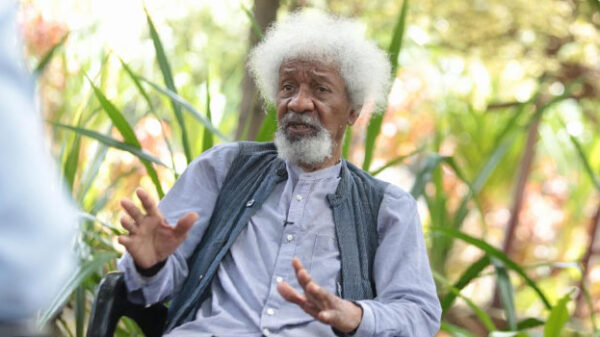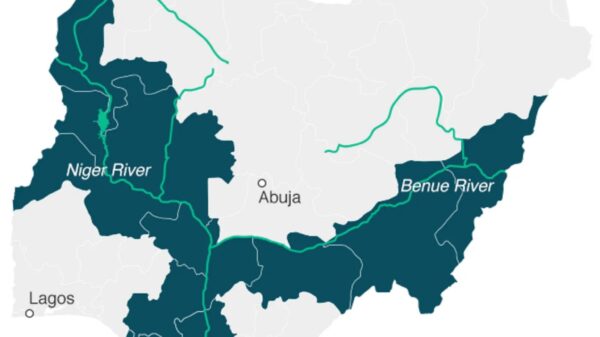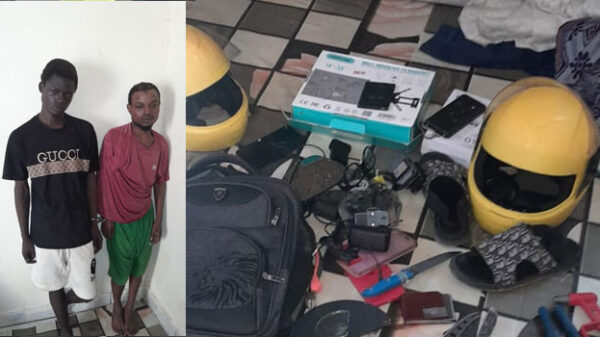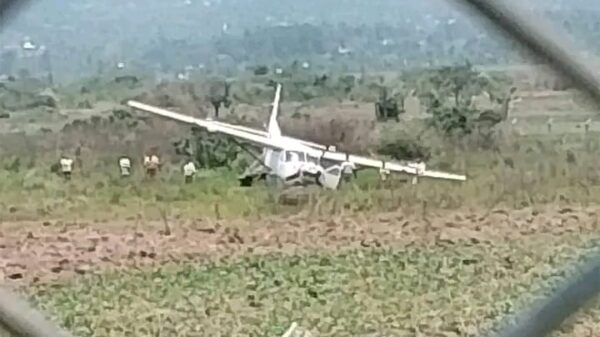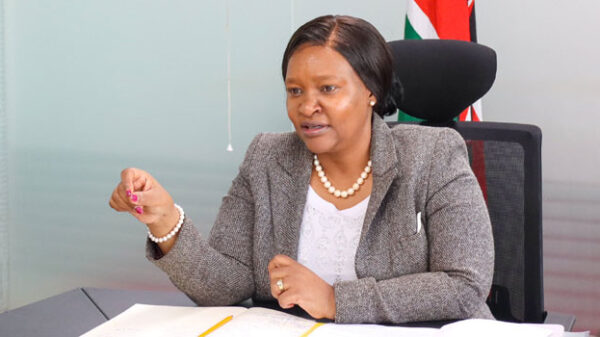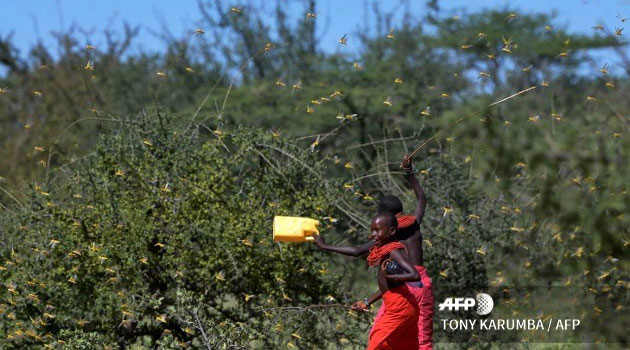
Invading locusts spring into flight from ground vegetation as young girls in traditional Samburu-wear run past to their cattle at Larisoro village near Archers Post, on January 21, 2020.
ROME, Italy, Feb 25 – As Kenya and other East African nations struggle to fight the upsurge of the desert locusts, the Bill and Melinda Gates Foundation has stepped in to help the UN manage the situation.
The Gates Foundation has donated Sh1 billion to the Food and Agriculture Organisation (FAO), a specialised UN agency that leads international efforts to defeat hunger and improve nutrition and food security.
The Bill & Melinda Gates Foundation said its donation, which was received by FAO Director-General QU Dongyu, would assist governments in Ethiopia, Kenya, and Somalia to combat locust infestation that is posing a significant threat to food production and livelihoods in the region.

“I want to thank the Bill & Melinda Gates Foundation for its generous support as the Desert Locust threatens to provoke a humanitarian crisis,” Qu said. “I urge other donors to follow their lead so we can protect rural livelihoods and assist farmers and their families.”
In Kenya, swarms have caused massive destruction in more than 20 counties, including Isiolo, Meru, Embu, Kitui, Samburu, Nyeri, Kisumu among others. The latest region affected is Western Kenya.
Agriculture Cabinet Secretary Peter Munya is under fire for declaring last week that the swarms are too old to cause any danger to crops, at a time farmers are using anything within their reach to try to chase them away.

In some regions, locals were even seen singing or shouting at the locusts perched on trees and vegetation to move away.
The latest locust outbreak is the worst to strike Ethiopia and Somalia for 25 years and the worst infestation that Kenya has experienced in 70 years.
According to FAO’s Desert Locust Watch, Djibouti and Eritrea are also affected, and swarms have spread to the south east of South Sudan and the northern edges of Uganda and Tanzania and as far as the south-west coast of Iran.
FAO has now raised its appeal to $138 million, from the initial $76 million a month ago, in urgent funding to assist the countries that have been impacted. So far $33 million has been pledged or received.
Qu said the situation was extremely alarming and the next few weeks would be critical for mounting an effective containment operation.

Swarms of locusts perched on vegetation in Kitui.
“The upsurge is threatening people’s livelihoods and food security in a region that is already seriously food insecure,” he said. “There is no time to waste.”
The Desert Locust is considered the most destructive migratory plant pest in the world and a small swarm covering one square kilometer can eat the same amount of food in one day as 35,000 people. Under the right weather conditions, they reproduce rapidly and the population could multiply 500 times in the next six months.
Pasture and croplands have already suffered damage in East Africa and there are potentially severe consequences for the region where millions rely on agriculture and livestock rearing for their survival.
The Bill & Melinda Gates Foundation’s support is intended to help FAO and national governments confront the critical need for rapid control of the infestation, including aerial control of large swarms.
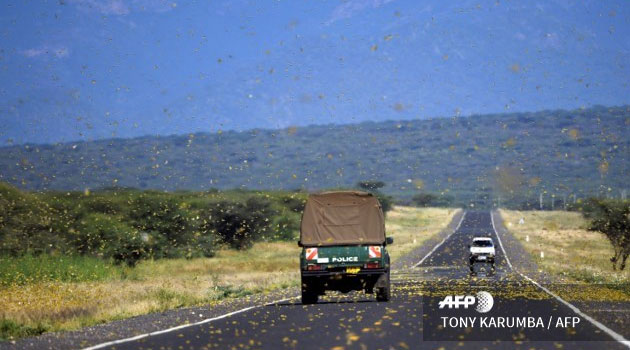
FAO is already helping governments and other partners with monitoring and surveillance and coordination assistance during control operations.
The UN agency is also preparing to take action to protect rural livelihoods by providing affected growers with farming packages, veterinary care for livestock, and cash to families who have lost their crops so that they can purchase food.



